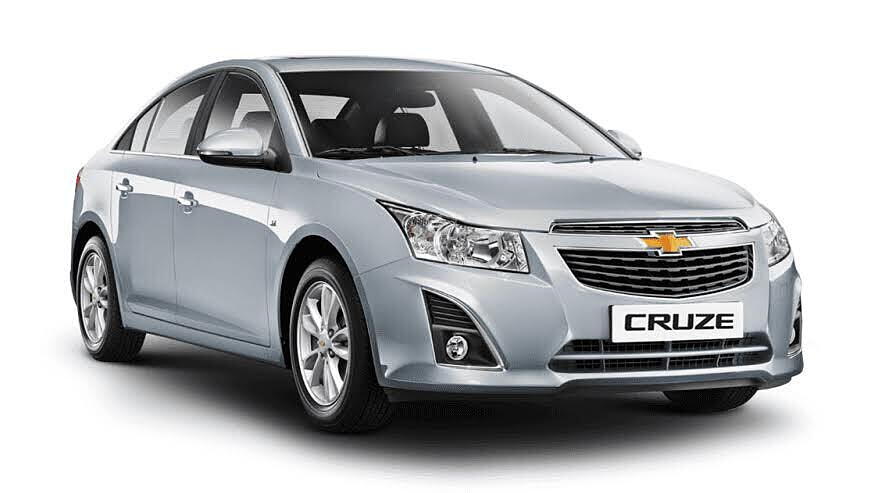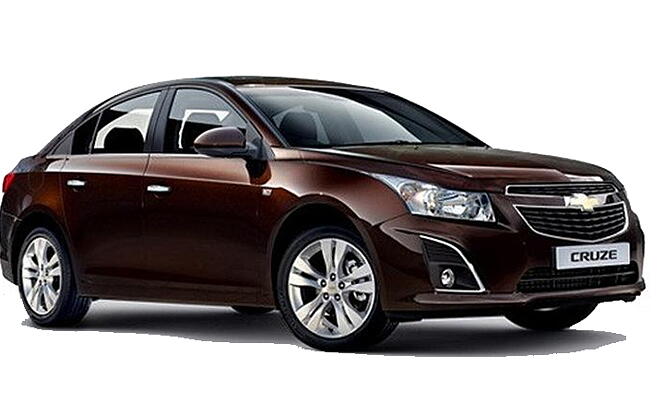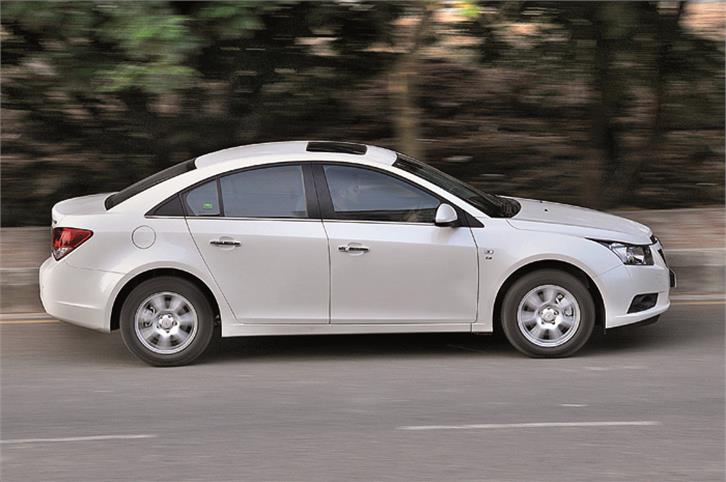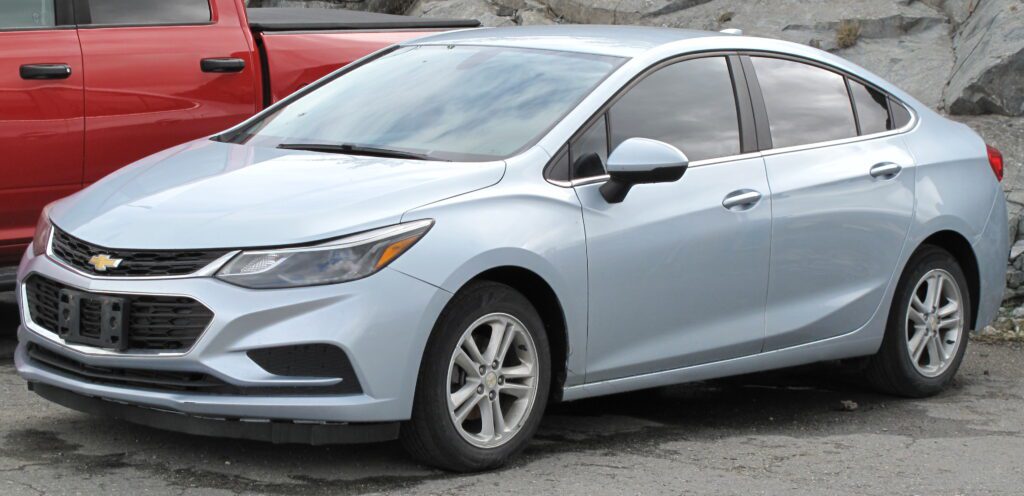Planning to buy a second hand Chevrolet Cruze? read this first
Team United Autotech
December 24, 2022

Sales for the Chevrolet Cruze peaked in 2014 with 273,060 models sold before the once-popular subcompact car began a steady nosedive which ended with Chevy halting production of the model in 2019.
Still, there are more than a million Cruzes on the road today, and the vehicle is heralded as one of the most fuel-efficient subcompact cars on the market.
The Cruze is also known for its affordability, durability, safety features, and choice of a diesel engine.
But like most cars, drivers have reported a few common issues since the Chevy Cruze made its official debut in 2010.
In this article, we’ll touch on four of the most common problems reported with the Chevy Cruze.
1. Coolant Leaks
Coolant leaks are commonly reported among Cruze owners. Fortunately, coolant leaks are easy to spot.
Signs of a Coolant Leak
- The check engine light illuminates. P0597 through P0599 are codes for a coolant leak.
- A sweet smell coming from the car.
- A low coolant reservoir tank.
- Puddles on the ground under the car.
- Intermittent heat. Although the blower fan might operate fine, the physical temperature becomes cooler.
- A loud gurgling sound. This indicates the coolant level is low, and air pockets are being pulled into the heater core.
Possible Causes and Solutions
Coolant leaks are caused by any number of issues related to the coolant system, including the hoses, the connection between the hoses, the radiator, and the thermostat housing.
2. Engine Misfires
Engine misfires are also common among Chevy Cruze models and are typically caused by two reasons – the spark plugs and the coil pack.
Possible Causes and Solutions
1. Check the Spark Plugs:
If your Cruze suddenly has poor acceleration and reduced fuel economy, the spark plugs could be to blame. Spark plugs can go bad due to general wear and tear, dirty fuel injectors, idling your vehicle for a long period, and a dirty air filter.
2. Replace the Coil Pack:
According to carparts.com, the coil pack is an electronically controlled pack of ignition coils that is regulated by the car’s computer. When the coil pack fails due to corrosion or other issues, the engine will often misfire because the spark plugs don’t receive enough voltage.
Along with engine misfires, a faulty coil pack can lead to a significant drop in RPMs when accelerating, rough idles, and a louder engine.
The solution is to have a mechanic replace the coil pack. Have them check the spark plugs while they’re at it, as it’s a good idea to replace the spark plugs and the coil pack at the same time.
3. Engine Problems Part 2 (Stalling, Engine Failure, Smoke From Under the Hood)
Misfires aren’t the only engine-related problems reported by Cruze owners. In fact, engine issues accounted for more than half of all driver complaints.
Other engine-related problems include cars stalling while driving, stopping at traffic lights, or leaving intersections; engine failure (especially with the 2018 models); and rough idling.
Some drivers even reported engine failure shortly after purchasing the car, while others have said their vehicle sputtered smoke from under the hood.
Possible Causes and Solutions
Some of the Cruze’s engine problems, unfortunately, remain a mystery. In some cases, mechanics couldn’t find the cause even after checking the diagnostics and driving the vehicle around the dealership lot. Other engine problems with the Cruze are caused by a lack of fuel, a bad alternator, or faulty sensors.
Other drivers reported that the engine failed because of a damaged cylinder that leaked oil. According to carparts.com, other engine issues are caused by improper lubrication, a blown gasket, detonation, and using the wrong type of fuel.
4. Power Steering Issues
Power steering is a luxury many of us probably take for granted, so when it’s not working properly, it’s hard to miss.
One of the common complaints from Cruze drivers is that, after driving in a straight line for a long period on the highway or the city, the steering wheel doesn’t want to turn.
Sometimes, drivers must give it a little extra nudge to get it to move.
In other cases, drivers – especially those who own the 2014 model – have reported a complete loss of power steering, which can lead to accidents.
Possible Causes and Solutions
Several causes can lead to power steering issues, including:
- Improper Fluid Levels.
Power steering fluid should be changed about every two years on average. If there’s not enough fluid, the fluid may not be able to exert enough force for you to turn the steering wheel properly.
A lack of fluid can cause fluid temperatures to rise, which can lead to premature power steering pump failure.
Too much fluid, on the other hand, can cause seals or valves to collapse under increased pressure. - Fluid Contamination.
Fluid contamination can occur when hoses and tubes in your power steering system deteriorate over time. This can lead to contaminants and air bubbles in the system, causing power steering issues. - A Broken Belt.
An engine-powered pump controls your Cruze’s power steering. If the belt malfunctions due to corrosion, stretching, or breakage, the whole system can shut down. - Damaged or Worn Pump.
Although power steering pumps are extremely durable, they will eventually wear out due to wear and tear.
Excess stress on the belt – sometimes caused by frequently turning the wheel all the way to the left or right – can cause the pump to break down prematurely.
If you’re experiencing power steering issues with your Chevy Cruze, the first thing to check is whether the reservoir tank is low. If it is low, buy fluid at a local automotive store and fill it back up.
If you’re frequently refilling the tank, there may be a leak. Check the lines and hoses located near your pump for any possible leaks. You can also inspect the seals of the rack and pinion for leaks.
If a low fluid level or leak isn’t the cause, you may have a damaged pump that needs to be replaced or a loose belt that needs to be adjusted.
A screeching noise when you turn on the engine could indicate a loose belt.
If you can’t brainstorm the problem, have a local mechanic inspect your vehicle.
General Pros and Cons
Pros
These are some selling points of the Cruze:
1. Excellent fuel efficiency:
The Cruze is competitive and even better than other compact cars in terms of fuel efficiency. The 2019 Cruze turbo gasoline model, for example, delivers 30 mpg in the city and 40 mpg on the highway. The turbo-diesel engine is even more efficient, driving up to 31 mpg in the city and 48 mpg on the highway.
2. Affordable price:
One of the reasons the Cruze became so popular in the first place was its affordability.
The cost of a used 2017 Chevy Cruze comes in at about $17,000.
3. Safety rating:
The Cruze is known for receiving high safety ratings. The 2018 Cruze scored a perfect 5-star overall rating from the National Highway Transportation Safety Administration.
Specifically, the Cruze scores well on rollover and side crash tests.
4. Available cargo space:
The Cruze has impressive storage capacity for a subcompact. The 2019 Cruze sedan model holds about 14 cubic feet of cargo.
If you fold the seats down in the hatchback model, the car can hold more than 47 cubic feet of material.
5. Choice of a diesel engine:
A diesel engine option helps set the Chevy Cruze apart from its competition from other subcompact cars.
Diesel-engine cars are considered to be more durable, efficient, and provide better torque. Cruzes equipped with diesel engines reportedly offer better acceleration and fuel economy.
Cons
Here are some downsides of the Cruze:
Coolant leaks
Engine Misfires
Engine-related problems
Power Steering Issues
Contact us Now!
Email ID
service@unitedautotech.in
Phone Number
98195 77599 / 98331 44804








